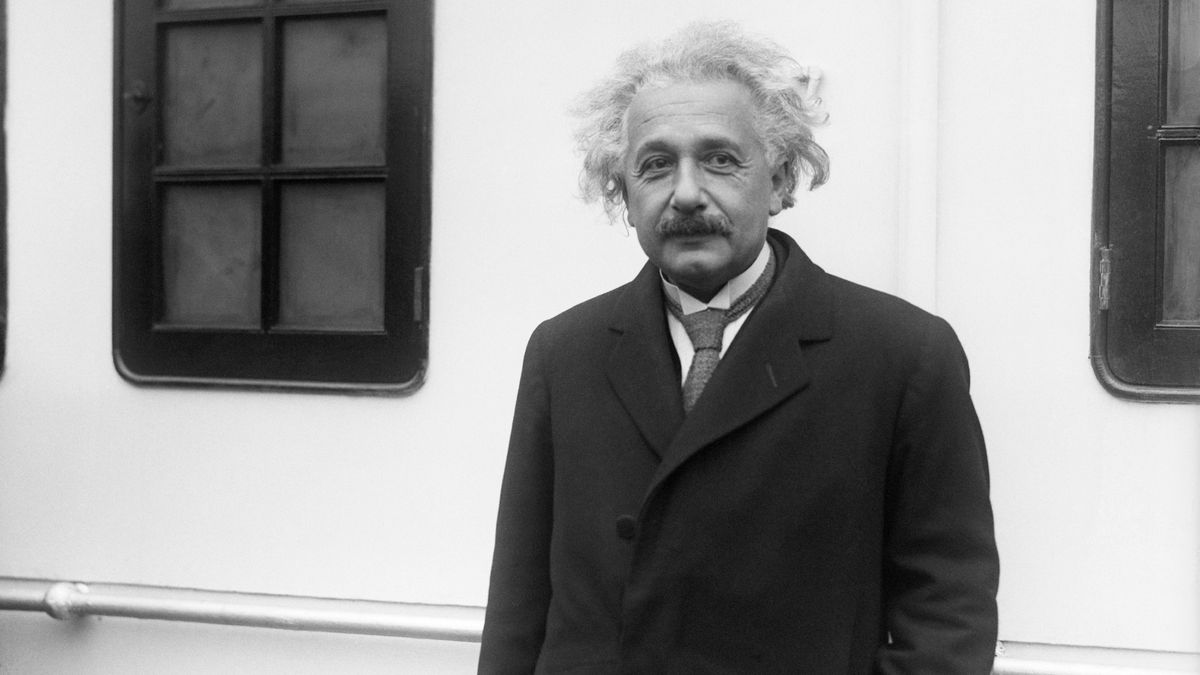Albert Einstein’s Simple Yet Powerful Career Advice. Many years from now, historians may remember Albert Einstein not only as a brilliant scientist but also as a deep-thinking philosopher. His thoughts on education still offer powerful career advice — especially relevant in today’s fast-changing job market.
A New Year’s Party with a Career Lesson
For nearly four decades, close friends of mine hosted a warm and meaningful New Year’s Eve gathering. Most of us are now in our seventies or eighties. While those parties are now a memory, the lessons we shared endure.

One topic came up time and again at those gatherings: my advice to students and parents about the value of a broad-based education. I’ve written about this for over 20 years, and what struck me most is how many successful people at these parties owed their achievements to a liberal arts background.
Real-World Success Backed by a Liberal Arts Foundation
In that room were former CEOs, entrepreneurs, authors, professors, judges, doctors, educators, IT professionals, and elected officials. Despite having careers in very different fields, nearly all of them had one thing in common: a strong liberal arts education that served as the foundation of their professional lives.
Decades later, this group stood as proof that well-rounded education helps shape well-rounded success.
The Problem with Early Specialization
As a career coach and educator, I’ve often criticized the trend of pressuring students to choose a major too early. Many young people are forced to commit to a career path in their first year of college — sometimes even in high school — without truly knowing who they are or what they want.
This trend leads to narrow skill sets and missed opportunities for personal development. It limits students from exploring their interests, growing as human beings, and gaining the kind of intellectual flexibility that’s essential for long-term success.
Delay the Declaration of a Major
If I could change one thing in higher education, it would be this: delay major selection until students complete a core liberal arts foundation. Yes, graduates in finance, engineering, and IT often earn higher salaries early in their careers. But long-term success depends on more than technical skills.
Leadership Requires More Than a Degree
To rise in your career, you need more than just credentials. You need:
- Perspective
- Critical thinking
- Communication skills
- Emotional intelligence
- Global awareness
A sense of ethics & social responsibility
Courses in literature, history, philosophy, psychology, foreign languages, and world affairs help students build these qualities — qualities that employers look for in future leaders.
Einstein’s Powerful Words on Education

Albert Einstein perfectly captured this idea in a 1952 essay titled “Education for Independent Thought”. He wrote:
“It is not enough to teach a man a specialty. Through it, he may become a kind of useful machine but not a harmoniously developed personality… He must acquire a vivid sense of the beautiful and the morally good… Otherwise, he more closely resembles a well-trained dog than a harmoniously developed person.”
Einstein warned that over-specialization and pressure to compete can “kill the spirit” of true education. He emphasized the value of human connection, critical thinking, and the humanities — not just textbook knowledge.
The Case for a Broad-Based Education
In a world that changes rapidly, adaptability is power. A broad-based education allows you to grow in ways that a narrow technical path cannot. You’ll develop the ability to lead, communicate, and think critically — all of which become more valuable as your career advances.
Einstein believed, and I agree, that education must nurture the whole person — not just prepare someone to be a “useful machine.”
The Choice is Yours
You can choose to become a well-trained specialist, a highly skilled worker, or you can grow into a harmoniously developed person — capable of leading, adapting, and contributing meaningfully in every stage of your career.
Take it from Einstein: real success begins with independent thought and a broad perspective. Invest in your education accordingly.








